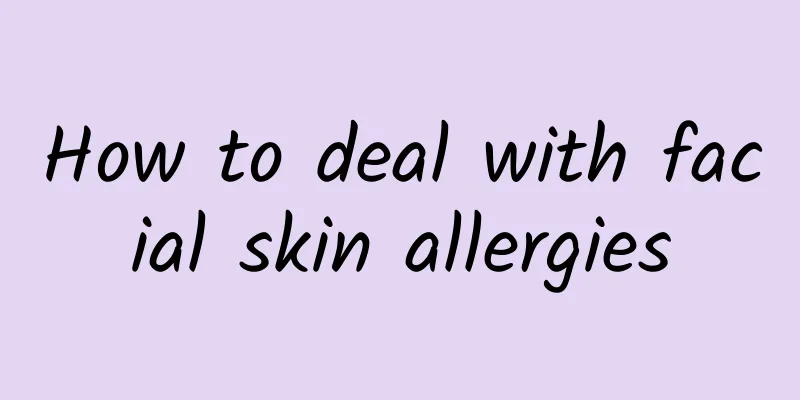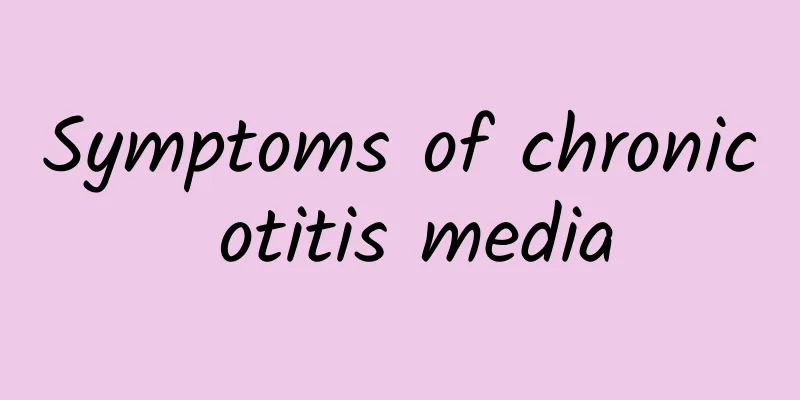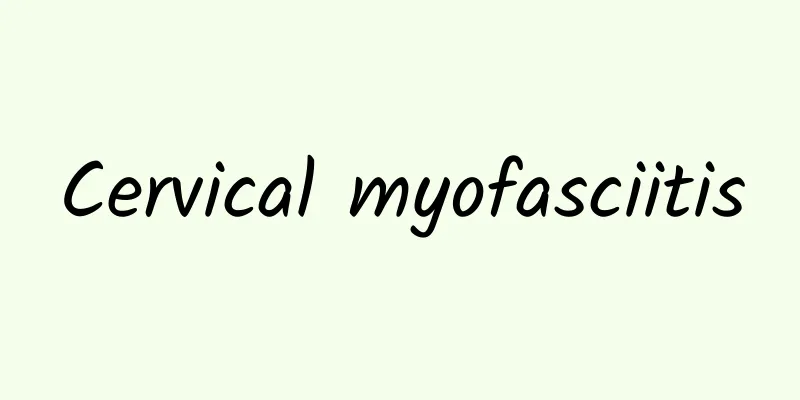There are several types of nail diseases

|
Female friends all hope to be exquisite from head to toe, so many women like to do manicures, and colorful nails can also make women's fingers look more slender. However, if you do manicures too much, it will cause certain damage to your nails and cause some nail diseases. And nail diseases can also occur due to genetic reasons. So what types of nail diseases are there in modern medicine? 1. Malnutrition Nail dystrophy can occur in all age groups, and multiple nails can be affected at the same time. Nail lesions are manifested as thinning of the nail plate, longitudinal ridges, yellow or turbid color, rough and brittle nails, or nail separation. There are many causes of nail malnutrition, which can be divided into two categories: congenital and acquired. Congenital nail dystrophy is due to developmental defects, clubbing, nail patella syndrome, etc., resulting in incomplete nail formation. Acquired factors are related to direct nutritional deficiencies, such as vitamin deficiency and iron deficiency anemia. It is also associated with a variety of chronic wasting diseases such as thyroid disease, liver disease, psoriasis, etc. which can cause nail nutritional disorders. Other factors such as trauma and burns can also cause nail malnutrition. The clinical manifestations are thinning or thickening of the nail plate, and there are superficial fine linear longitudinal ridges on the surface, like a sandpaper-like appearance. The nail plate is dull and milky white and turbid, with notches or longitudinal ridges. There were no changes under the nail and around the nail. Often 20 nails are affected, but some patients may only have one or several nails affected. [Treatment] There is no specific treatment. Pay attention to increasing nutrition and taking oral vitamins A, E, calcium, iron and other nutrients. 2. Onycholysis, a type of nail malnutrition. It is often related to thumb sucking, trauma, detergents and drugs. One or more nails are affected and the nail plate is separated from the nail bed. It is self-limiting but prone to relapse. Trauma includes mild injuries and occupational long-term contact injuries (such as manual laundry, bathroom work, cooking work, papermaking and leather work, long-term contact with soap, water or other irritating chemicals). Certain diseases can also cause onycholysis. [Treatment] There is no specific treatment. Pay attention to protecting your nails and take vitamin A, D, etc. orally. 3. Leukonychia: White spots, white spots or white lines on the nails are clinically called leukonychia. These white spots mostly occur in the meniscus of the nail and gradually move to the edge of the nail as the nail grows. Most of them are primary. The causes of this disease are mostly related to minor damage to the nails, such as biting, nail trauma, minor infection, allergies or side effects of certain drugs. In some patients, white nail disease is related to malnutrition, anemia, and disease. 【treat】 1) White nails caused by injury do not require treatment. 2) For leukonychia secondary to disease, treatment is targeted at the cause. 4. Brittle nail disease The nails are thin and brittle and are easy to crack and separate. In most cases, all ten nails are affected at the same time. Common causes include contact with alkaline liquids and detergents, malnutrition, iron deficiency anemia, peripheral circulatory disorders, hypothyroidism, osteoporosis, etc. 【treat】 (1) Pay attention to hand care and avoid contact with alkaline items such as soap, laundry detergent, etc. (2) Avoid prolonged immersion in water and keep your nails short. (3) Increase nutrition through oral nutritional supplements, such as vitamins AD, E, calcium and iron. (4) The condition tends to get worse in winter, so keep warm and moisturize the skin on your hands. (5) Treat the primary disease. 5. Subungual ecchymosis Bleeding and bruising under the nails caused by trauma can cause the nail to fall off. Purpura and blood diseases can also cause subungual bleeding. 【treat】 1) If there is no obvious pain, no treatment is required. 2) If there is heavy bleeding, obvious swelling and pain, you can punch a hole to relieve the pressure and drain the blood. 6. Ingrown toenails and paronychia Paronychia is caused by the nail growing into the nail groove and embedding into the skin, which is often followed by local swelling, pain, and inflammatory secretions. It is mostly caused by mechanical damage, such as improper trimming of nails, cutting nails too short or too deep, or wearing shoes that are too tight. Congenital thick nails, hallux valgus, nail dystrophy, fungal infection, etc. may also cause ingrown nails. 【treat】: 1) Avoid trimming nails too short or too deep and avoid periungual trauma. Wear loose and comfortable shoes. 2) For paronychia, local disinfection and application of anti-swelling and analgesic drugs are performed. For those who do not respond well to conservative treatment, partial nail removal can be chosen. 3) Treat the cause of the disease. For example, in the case of hallux valgus, correct the deformity in time. For fungal infections, antifungal treatment is used. |
>>: Several possible diseases of severe anemia
Recommend
What should I do if the abortion is not complete and I don’t want to have a uterine curettage?
Medical abortion is a method of abortion. It is a...
My stomach hurts, what's going on?
The abdomen is a very important part for us. It c...
How to destroy hair follicles?
Hair follicles are an organ used to protect human...
What are the effects of wild vegetable purslane?
Purslane is a common Chinese medicine and also a ...
What to do if your feet are smelly and itchy
Smelly and itchy feet are common foot symptoms in...
What fruit is the fastest to eat?
Constipation is very painful for people, especial...
Vagina itching recently
A report shows that most women will start to have...
Side effects of bone puncture on humans
Bone puncture is also a common diagnostic method,...
Brown discharge after period
If there is still brown secretion in the vagina a...
How to treat hair loss and what medicine to take
If you want to maintain your personal image, you ...
What are the side effects of using orange peel as pillow?
Orange peel, also known as tangerine peel, is a k...
Sequelae of brain injury
Injury to any part of the body can cause a series...
Drug hypersensitivity syndrome
There are many diseases with similar symptoms, an...
Effects of Nisin
Nisin is a widely used natural food preservative ...
Lumbar spine is sunken inward
The lumbar spine not only supports our upper body...









